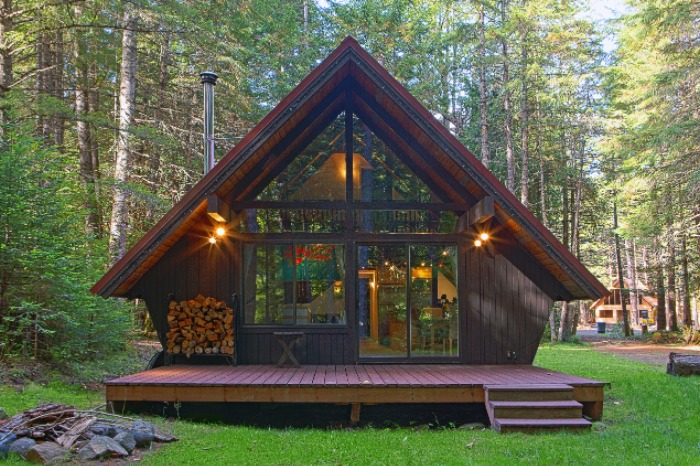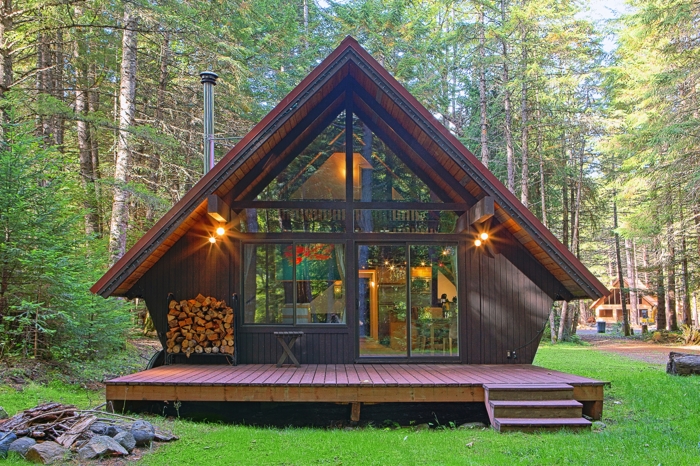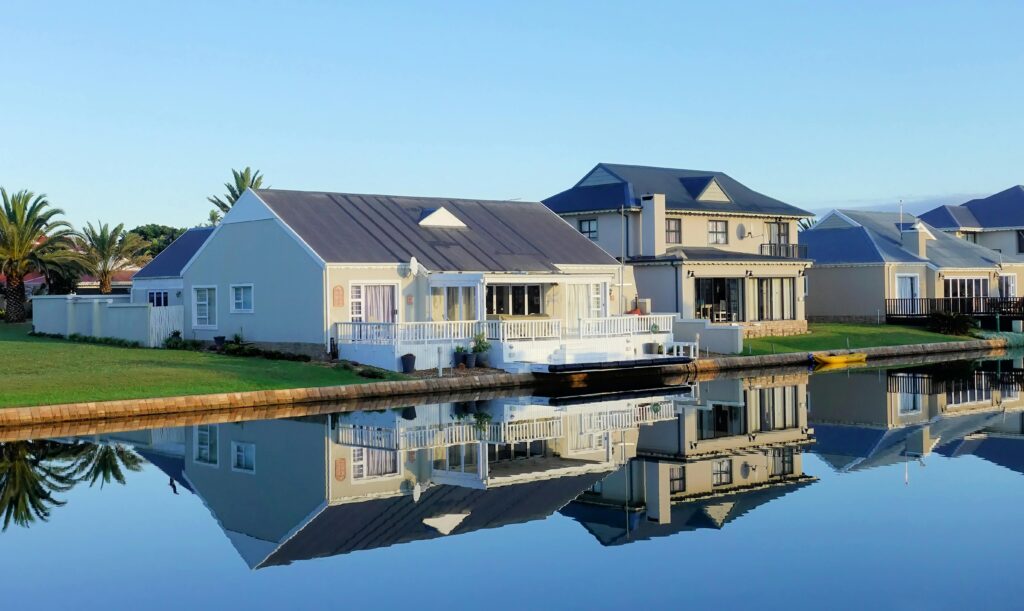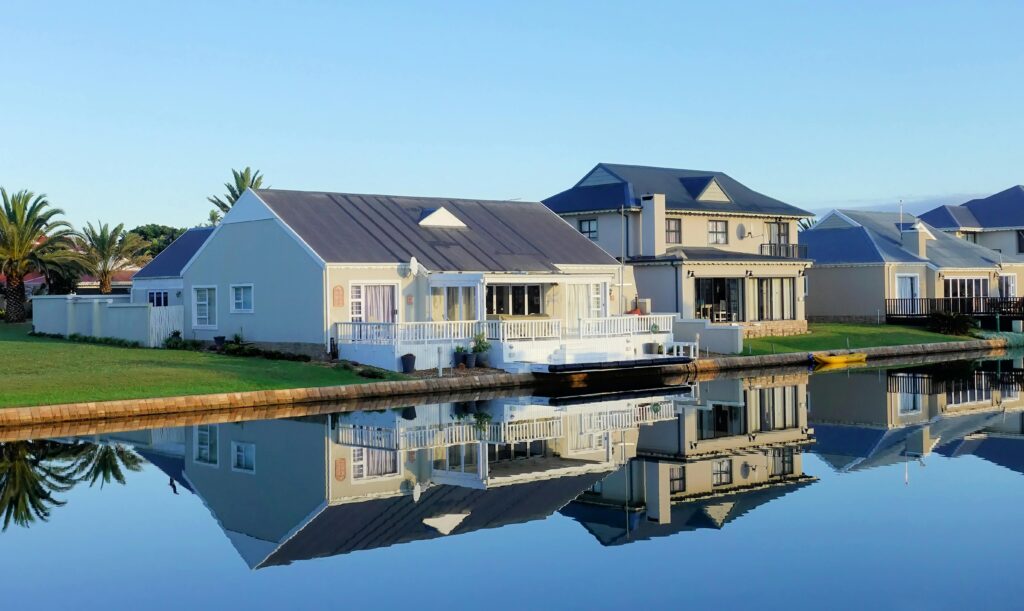The short-term rental market is booming, and with platforms like Airbnb, property owners are cashing in on the rising popularity of vacation rentals. But hosting on Airbnb isn’t all passive income and five-star reviews. Airbnb hosts face real risks—property damage, legal battles, financial losses—that can turn your dream investment into a nightmare.
At 10XBNB, we empower hosts with the strategies to mitigate these risks and scale their rental properties into wealth-building machines. This Airbnb Business page breaks down the biggest risks for Airbnb hosts, from liability to local laws, and shows you how to protect your property and income like a pro.
The Biggest Risks Airbnb Hosts Face
Airbnb hosts take on unique challenges when renting their properties to short-term guests. Unlike long-term rentals, the fast turnover of Airbnb guests increases the likelihood of property damage, liability issues, and regulatory headaches. Let’s uncover the top risks and how savvy hosts can stay ahead.
Property Damage: A Constant Threat
One of the biggest risks for Airbnb hosts is property damage caused by guests. From spilled wine on white carpets to broken furniture, short-term rental properties are vulnerable to more than just normal wear and tear. In some cases, guests may cause significant damage—think flooded bathrooms or shattered windows—that can cost thousands to repair.
Airbnb’s Host Guarantee program offers reimbursement for damages up to $1 million, but it’s not insurance. It’s a reimbursement program with strict conditions, and hosts often find gaps in coverage. For example, theft by guests or damage to shared spaces may not be fully covered. To protect your property, you need the right insurance coverage tailored for short-term rentals.
Pro Tip: Before hosting, document your property’s condition with high-quality photos. Require a security deposit through the Airbnb platform to cover minor damages and deter reckless behavior.
Guest Injuries: Liability Nightmares
Hosting guests comes with the responsibility to ensure your property is safe. Guest injuries—think fall accidents on poorly lit stairs or slips in the shower—can lead to medical bills and lawsuits. Airbnb hosts are exposed to considerable liability if a guest is injured on their property, and standard homeowners insurance often excludes coverage for business activities like short-term rentals.
Airbnb’s Host Protection Insurance provides primary liability coverage up to $1 million per occurrence, but it has significant gaps. For instance, it may not cover intentional acts or injuries in shared spaces like pools. To prevent guest injuries, prioritize safety: install handrails, ensure proper lighting, and regularly inspect your property for hazards.
Squatters and Eviction Headaches
Renting to a short-term rental guest who refuses to leave can spiral into a costly eviction process. In some regions, guests who overstay may claim squatters’ rights, turning your vacation rental into a legal battlefield. This is one of the scariest Airbnb risks for hosts, as eviction proceedings can rack up legal fees and result in lost income.
To avoid this, monitor bookings for red flags, like guests without a clear departure date. Set strict house rules and use Airbnb’s messaging system to document all communication. If a guest overstays, act quickly to involve local authorities and follow legal protocols.
Pro Tip: Screen guests thoroughly before confirming bookings. Check their reviews and verify their identity through Airbnb’s platform to spot potential troublemakers.
Canceled Bookings: Lost Income
Airbnb hosts rely on consistent bookings to generate income, but cancellations can disrupt cash flow. Guests may cancel last-minute, or external factors like natural disasters can lead to lost income. While Airbnb’s cancellation policies offer some protection, hosts may still face gaps in earnings, especially during peak seasons.
To mitigate this risk, diversify your booking platforms. Listing your property on VRBO or Booking.com alongside Airbnb can fill gaps left by cancellations. Additionally, consider setting a stricter cancellation policy to discourage flaky guests.
Insurance Gaps: What Airbnb Hosts Need to Know
Insurance is the backbone of protecting your short-term rental business, but many Airbnb hosts are underinsured. Standard homeowners insurance doesn’t cut it for short-term rentals, leaving hosts vulnerable to property damage, liability, and financial loss. Here’s what you need to understand about insurance coverage and how to get it right.
Homeowners Insurance Falls Short
Most homeowners insurance policies exclude coverage for short-term rentals due to business activity clauses. If you’re renting your property on Airbnb, your homeowners policy likely won’t cover property damage caused by guests or liability claims from guest injuries. Worse, some insurance companies may cancel your policy if they discover you’re hosting without proper coverage.
Before listing your property, contact your insurance company to review your homeowners policy. Many insurers consider regular short-term rentals as commercial use, requiring a commercial insurance policy or specialized home-sharing liability insurance.
Airbnb’s Coverage: Not Enough
Airbnb offers two programs to protect hosts: the Host Guarantee and Host Protection Insurance. The Host Guarantee covers property damage up to $1 million, but it’s not insurance—it’s a reimbursement program with limitations. For example, it doesn’t cover cash theft or damage to personal items. Host Protection Insurance provides liability coverage up to $1 million, but it excludes certain claims, like pollution-related injuries or intentional acts.
These programs are a starting point, but they’re not a substitute for the right insurance coverage. Hosts need a dedicated short-term rental insurance policy to cover gaps in liability, property damage, and loss of income.
The Right Insurance for Airbnb Hosts
To fully protect your rental properties, invest in a home-sharing liability insurance policy designed for short-term rentals. These policies cover property damage, guest injuries, and lost income from guest-related issues. Some insurers, like Proper Insurance or CBIZ, offer special coverage tailored for vacation rental hosts.
Work with an insurance broker who understands short-term rentals to find the right insurance policy. They can help you bundle liability insurance, property coverage, and business interruption insurance to safeguard your income. At 10XBNB, we teach hosts how to secure ironclad insurance plans that protect their properties and peace of mind. Learn more about scaling your Airbnb business.
Pro Tip: Review your insurance policy annually to account for changes in your property’s value or local regulations. Staying proactive keeps you covered.
The legal landscape for short-term rentals is a minefield, and Airbnb hosts must stay vigilant to avoid fines, eviction, or shutdowns. Local laws, zoning regulations, and lease agreements can make or break your hosting business. Here’s how to stay compliant and protect your property.
Local Laws and Zoning Regulations
Local laws governing short-term rentals vary widely by location. Some cities, like New York City, have strict rules that may prohibit short-term rentals altogether. Others, like Austin or Miami, regulate vacation rentals through zoning laws, requiring permits or limiting the number of rental days per year. Airbnb hosts are responsible for complying with these regulations, and non-compliance can lead to hefty fines.
Before listing your property, verify your right to operate an Airbnb in your zoning district. Check with your local government or zoning board to understand restrictions. For example, some municipalities ban short-term rentals in residential zones or require hosts to live on-site.
Lease and Condo Restrictions
If you’re not the property owner, your lease or condo bylaws may restrict short-term rentals. Landlords often include clauses prohibiting subleasing or hosting guests on platforms like Airbnb. Similarly, condo associations may ban short-term rentals to maintain community standards. Violating these rules can trigger eviction proceedings or legal action.
To avoid surprises, review your lease or condo agreement before renting. If you’re a renter, get written permission from your landlord to host on Airbnb. If you’re in a condo, confirm with your HOA that short-term rentals are allowed.
The Changing Regulatory Landscape
The legal environment for short-term rentals is constantly evolving. Cities are cracking down on vacation rentals due to housing shortages and community complaints, which can impact property values in high-rental areas. For example, San Francisco requires hosts to register with the city and limits rentals to 90 days per year for unhosted properties.
Stay informed about changes in local laws by joining host communities or following industry news. Airbnb’s Responsible Hosting page also provides resources on local regulations. Check out our blog on navigating Airbnb regulations for more tips.
Pro Tip: Hire a local attorney or consultant familiar with short-term rental laws to ensure compliance. It’s a small investment to avoid big fines.
Unique Insights: Mitigating Risks Like a Pro
As a seasoned Airbnb host or rental arbitrage expert, I’ve seen the pitfalls that trip up new hosts. Here are exclusive insights to help you outsmart the risks and thrive in the short-term rental game.
Hidden Cameras and Privacy Concerns
Guests are increasingly wary of hidden cameras in vacation rentals, and a privacy scandal can tank your reputation. Airbnb strictly prohibits hidden cameras in private spaces, and violations can lead to account suspension. To build trust, clearly state in your listing that your property is free of surveillance in bedrooms and bathrooms. If you use security cameras in shared spaces, disclose their locations in your house rules.
Managing High-Risk Bookings
Not all guests are created equal. High-risk bookings—like large groups or last-minute reservations—can lead to property damage or rule violations. Use Airbnb’s Instant Book settings to filter guests based on reviews, verification, or booking history. For example, require guests to have at least one positive review before booking.
Protecting Property Values
The rising popularity of Airbnb can affect property values in neighborhoods with heavy rental activity. Some communities push back against short-term rentals, citing noise or parking issues. To maintain good relations, be a considerate host: enforce quiet hours, limit guest parking, and engage with your neighbors. A strong community reputation can protect your property’s long-term value.
How to Protect Your Airbnb Business
The risks of hosting on Airbnb are real, but they’re manageable with the right strategies. Here’s a checklist to safeguard your short-term rental properties:
- Secure Proper Insurance: Get a short-term rental insurance policy that covers property damage, liability, and lost income.
- Screen Guests: Review guest profiles, ratings, and messages before confirming bookings.
- Set Clear House Rules: Outline expectations for behavior, check-in, and check-out to minimize disputes.
- Stay Compliant: Research local laws and zoning regulations to avoid fines or shutdowns.
- Prioritize Safety: Regularly inspect your property to prevent guest injuries and liability claims.
- Document Everything: Keep records of guest communications, property conditions, and insurance claims.
By mastering these strategies, you can turn Airbnb risks into opportunities to build a thriving rental business. At 10XBNB, we’ve helped thousands of hosts protect their properties and 10X their income through proven systems and insider knowledge. Ready to dominate the short-term rental market? Join the 10XBNB program today and start building your empire.













